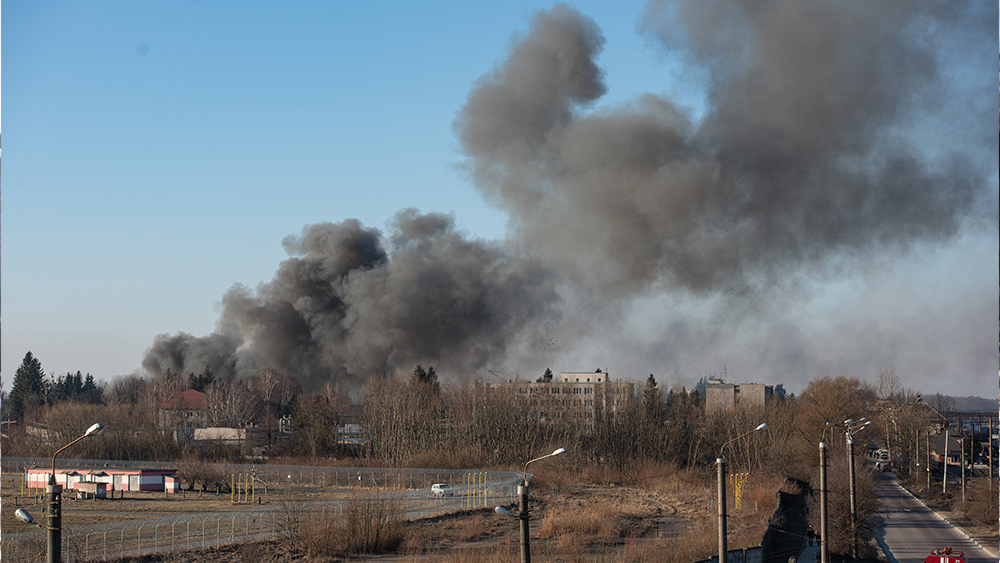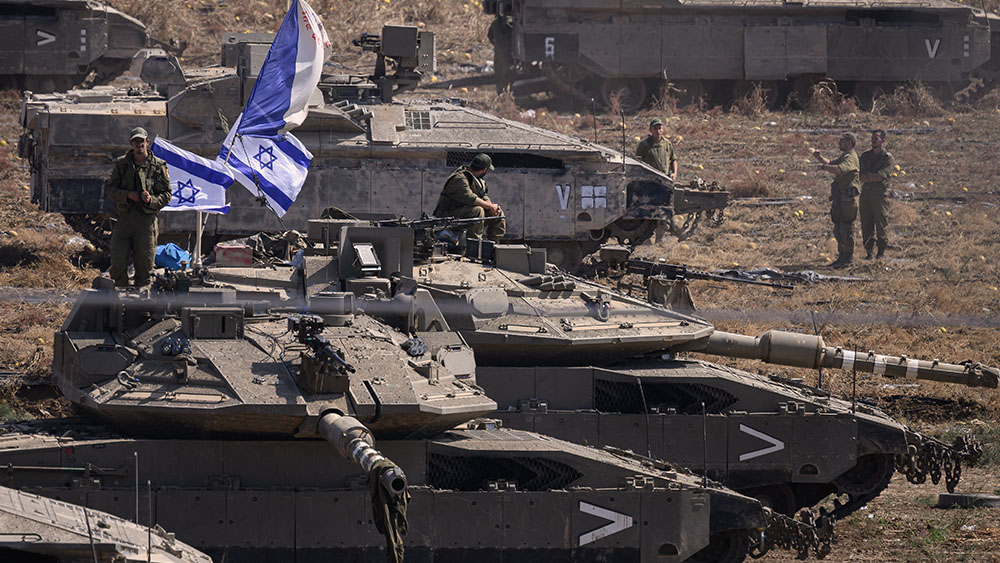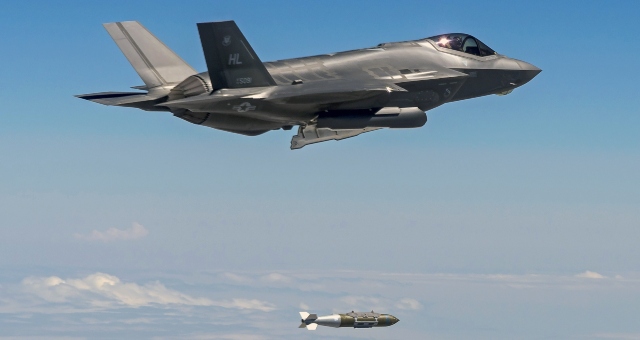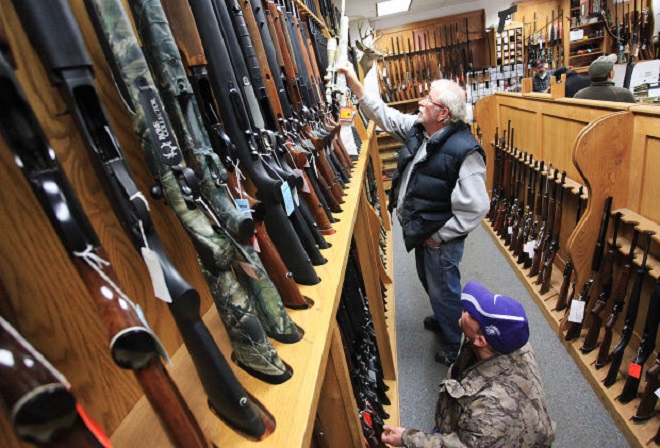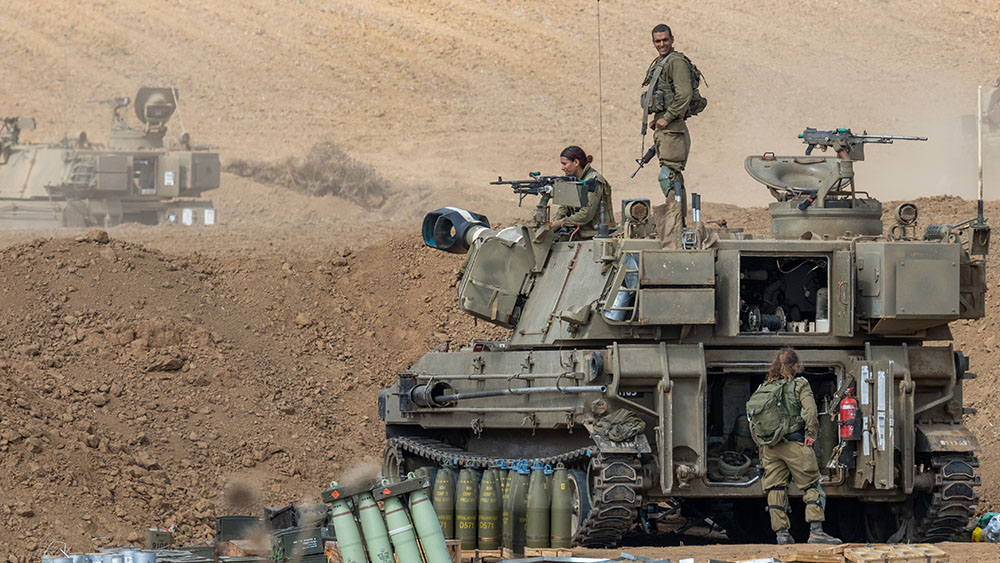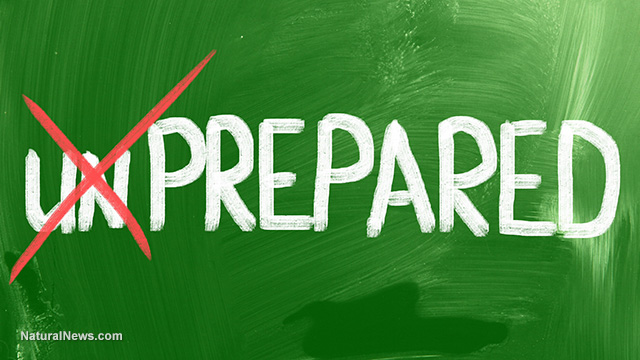
Preppers don't scramble to get ready just before a disaster is about to strike. Prepping teaches you to get ready way before the danger looms on the horizon so you can focus on keeping yourself and your loved ones safe when SHTF. If you're new to prepping, the following guide can help you determine what items you'll need for a survival scenario. (h/t to BioPrepper.com)
Obvious items and supplies include food and water, but the list below includes crucial items that you may overlook.
Alcohol
Even if you're not a heavy alcohol drinker, you can use alcohol when SHTF. It can be used to disinfect wounds, or you can use it to trade for various supplies.
Ammunition
Store enough ammo for any guns that you own for self-defense or for hunting game after SHTF. You can't have too many ammo. Store arrowheads and bowstrings so you have access to stealthier weapons.
Batteries
Stock up on rechargeable batteries with a solar charger or two to power your flashlights and other tools or equipment.
Blankets
You will need blankets to stay warm, and you can trade extra blankets for other supplies if you want to.
Bleach
Bleach is an important cleaning agent when SHTF. It's affordable and readily available. Stockpile as much bleach as possible, but keep in mind that store-bought liquid bleach (e.g., Clorox or Purex) will degrade the moment it's manufactured. Expiration dates may vary, but on average liquid bleach lasts for six months to two years.
An alternative to liquid bleach is pure calcium hypochlorite (CH) since other brands of CH may contain other ingredients that aren't safe to ingest. CH is a white granular solid, or tablets compressed from the granules, that smells like chlorine. It is used for water purification, for bleaching paper and textiles, or for disinfecting swimming pools.
Buy CH online or at a pool store, but check labels carefully to avoid brands with algaecides or clarifiers that may make you sick. Powdered CH can be mixed as needed, such as one teaspoon to two gallons of water to make the solution. This solution will still degrade like liquid bleach, but if you have CH powder, you can make more as needed.
Practice until you get the correct measurements by reviewing articles online. The ratio is 1:100, like 16 ounces of solution to 12.5 gallons of water to be disinfected, which may vary compared to household bleach measurements. A bag of CH solution can purify 10,000 gallons so proper directions are important. Keep the bag of CH solution cool and dry to make it last a long time.
Lighters and matches
Ideally, you should know how to start a fire using flint and wood. But during emergencies, you can't have too many lighters or matches. Stock up on spare wicks and flints for gas-fueled lighters. (Related: A list of medical supplies you need to be stockpiling NOW before SHTF.)
Nails, screws, and building materials
When SHTF, you'll need these materials for home or tool repairs. While you can make them from scratch, it's better to have a lot of extra ones on hand.
Soap
Soap is necessary for hygiene and disinfecting, especially in a disaster scenario. Without basic sanitation, disease and infection can quickly spread and overwhelm your group, which can be dangerous with limited access to medicine. Stock up on anti-bacterial soap to avoid these dangers.
Survival information
Survival information is valuable, especially in a post-SHTF world. When you eventually lose access to the internet, you'll be glad you have physical books or notes about various topics like foraging or food preservation.
Tampons and pads
The women in your survival group may need tampons and pads, but you can also use them for other purposes. They're great alternatives for bandages, and you can use tampons and pads as emergency water filters or as tinder to start a fire.
Tools
Purchase tools like ax heads, hammerheads, hand drills, hatchets, saw blades, etc. from auctions or garage sales. You'll need various tools to build or fix items. If you have the budget, stock up on more than one of these tools, which you can use as barter items.
Water containers
Water containers like a canteen or water jug will be a necessity once SHTF. Keep several for your whole family, and get some extras for trading. Military one-quart canteens are sturdy, so consider stocking up on these.
Before SHTF, make sure you stock up on these survival items so you can keep your family safe and comfortable even after a disaster.
Sources include:
Please contact us for more information.














